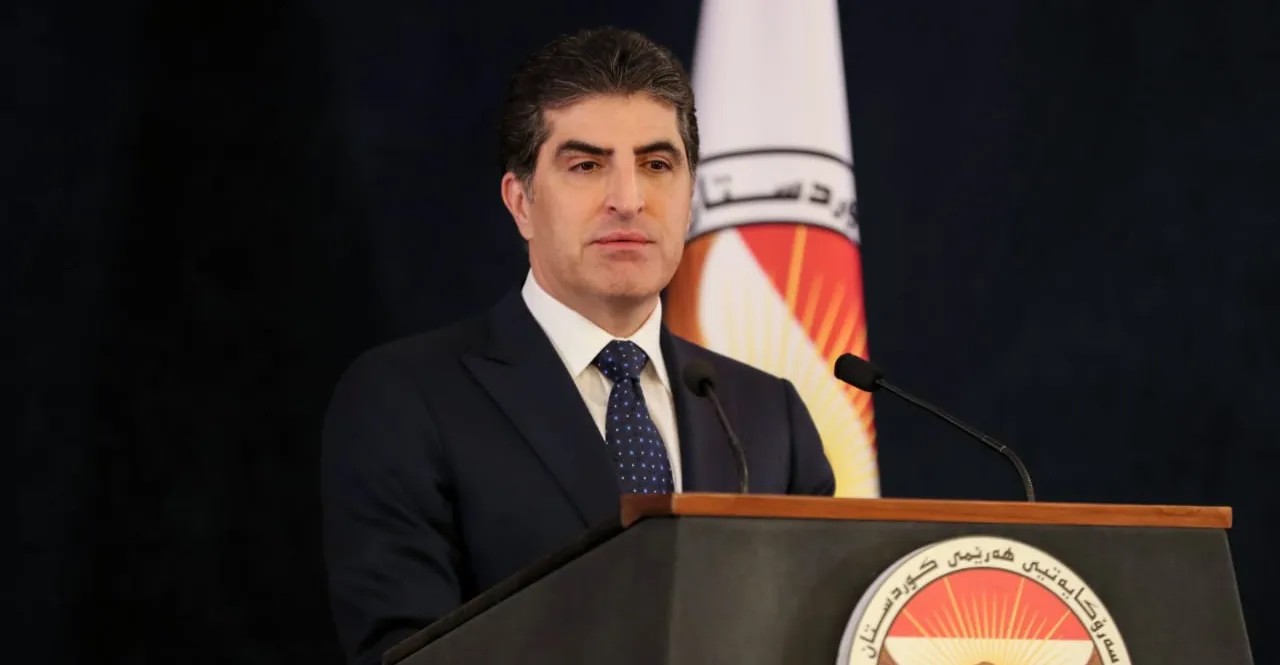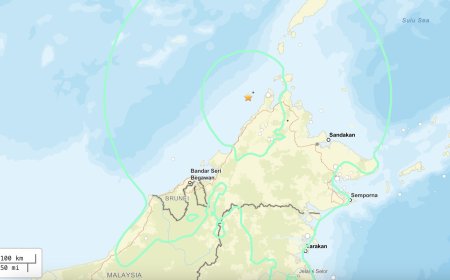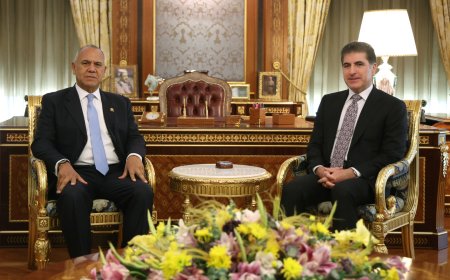ISIS ‘is dying’ and no longer a threat to Iraq, Kurdistan Region

ERBIL, Kurdistan Region - The Islamic State (ISIS) “is dying” and no longer has the capacity to threaten Iraq or the Kurdistan Region, a senior defense ministry official told Rudaw, crediting unprecedented coordination between Iraqi and Kurdish forces in disputed territories and reinforced security along the Syrian frontier for closing long-standing gaps exploited by militants.
Major General Tahsin al-Khafaji, Director of Media and Moral Guidance at Iraq’s defense ministry, said cooperation with the Kurdish Peshmerga “is very high,” noting the establishment of two special brigades tasked with “coordination and joint work with the Peshmerga” to prevent terrorist activity in overlapping areas of administration between Erbil and Baghdad.
He added that the effort also aims to curb “smugglers, drug traffickers, and anyone who attempts to carry out a terrorist act or harm our Iraqi people, Arabs and Kurds alike.”
The senior defense ministry official said joint operations have achieved “great success,” strengthening stability and improving intelligence sharing and overall security performance.
ISIS seized control of large swathes of territory in Iraq in 2014, but was defeated in 2017 after three years of fierce battles. Despite its defeat, the group continues to threaten security, especially in disputed territories between Erbil and Baghdad, spanning several provinces including Diyala, Kirkuk, Nineveh and Salahaddin provinces.
Still, Khafaji underscored that “ISIS is dying” and currently lacks the capability to mount significant attacks, stressing that coordination with the Peshmerga remains “very high,” backed by years of shared battlefield experience. He added that Iraqi and Kurdish forces remain on the offensive, pursuing ISIS remnants through “monitoring, drawing out [the militants], and striking.”
The Syrian front
Following a swift offensive in early December, a coalition of opposition forces led by the now-dissolved Hay’at Tahrir al-Sham (HTS) - then led by Ahmed al-Sharaa - toppled the regime of longtime Syrian dictator Bashar al-Assad.
In the aftermath of the collapse of its former ally, Baghdad ramped up efforts to secure its 618-kilometer border with Syria amid concerns over potential instability and ISIS infiltration.
Khafaji said the Iraqi-Syrian border is now “in its best condition,” fully secured by the Border Guard Forces Command, whom he described as well-equipped and actively engaged in border protection.
Cooperation with the Popular Mobilization Forces (PMF), he added, has further strengthened defenses through trench barriers and a line of surveillance towers equipped with cameras, weapons, and night-vision systems.
Baghdad has also expanded coordination with all neighboring countries, including Syria, to enhance intelligence sharing and prevent cross-border militant movement.
[Source: Rûdaw English]
























































